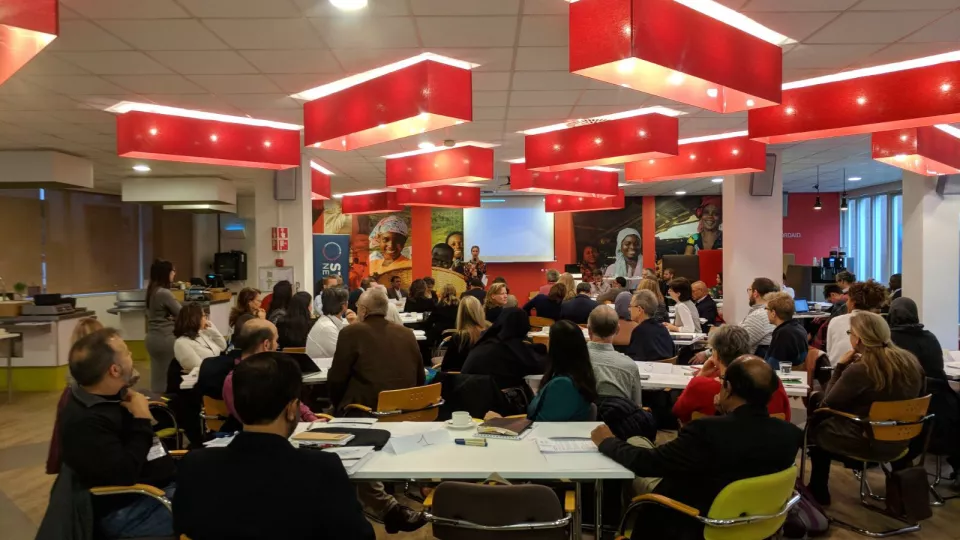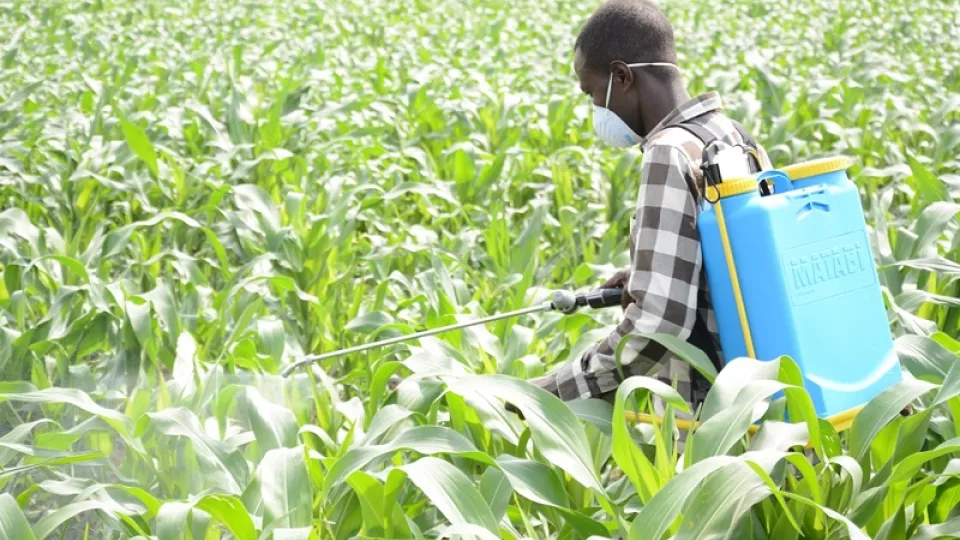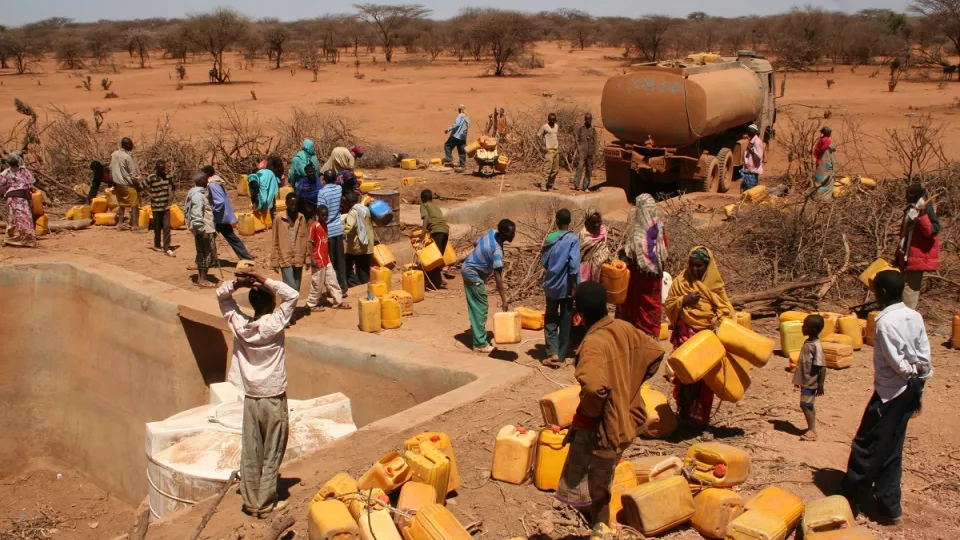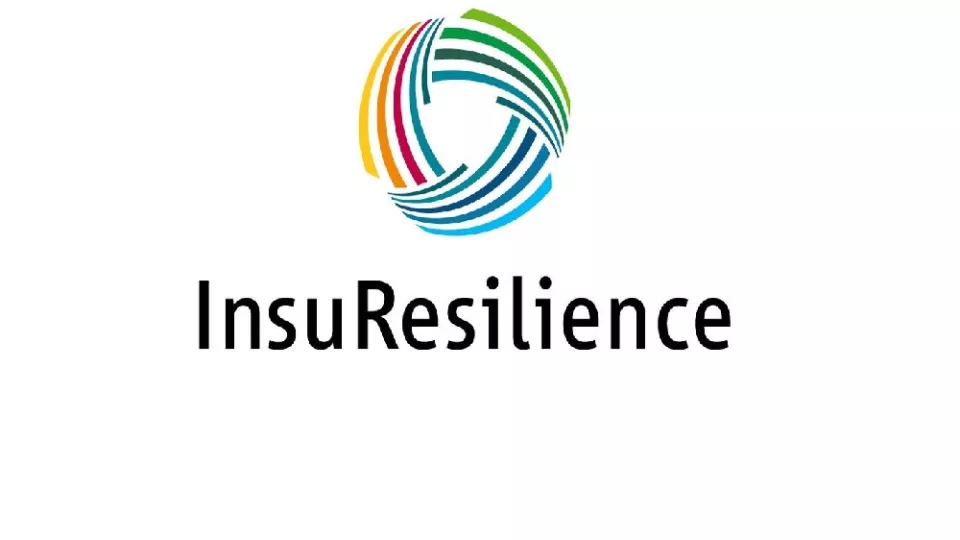
How do we help the world's poorest populations become sustainably resilient? Cash
Michaela Larson says the answer to how we can help the world’s poorest populations become more resilient following a crisis, is an obvious one – we give them cash.

Michaela Larson says the answer to how we can help the world’s poorest populations become more resilient following a crisis, is an obvious one – we give them cash.

Start Network's Laura-Louise Fairley discusses a study into the Start Fund and accountability. She finds the study reports on tangible success stories yet argues there is clear room for improvement.
The study uses the Core Humanitarian Standard on Quality and Accountability (CHS) as a lens to review the extent to which Start funded projects are accountable to disaster-affected populations, and the influence this may have on the quality and relevance of these projects.

Kat Reichel reflects on the lessons and insights that came out of the Start Network's Assembly meeting in November, which brought together our members and colleagues to endorse the network's strategic direction.

The Start Network’s Disaster and Emergencies Preparedness Programme (DEPP) recently organised a week of discussion, bringing together local organisation, INGOs, UN agencies, academia, the private sector and other actors. This was with the aim of understanding how best to use each other’s learning, experiences and expertise to gain a common appreciation of what exactly some of those Grand Bargain commitments look like and how they can be actualised.

In February an armyworm outbreak led to the significant damage of maize fields across Ethiopia. The Start Fund enabled a targeted rapid response to meet farmers’ immediate needs. Dorcas gave farmers appropriate chemicals to control the infestation and guidance on how to protect their maize from future outbreaks.
In early April, Mocoa city in the south west of Colombia, was hit with one of the worst natural disasters the country has seen in its history. Heavy rains had resulted in a mudslide that swept through the city and left 333 dead and hundreds missing. The destruction caused by the floods left 22,310 people affected.

Last week was the official launch of the G7 and G20 initiated InsuResilience Global Partnership. The partnership aims to better protect poor and vulnerable people against the impacts of disasters, by using climate and disaster risk finance and insurance solutions. It has a strong coalition of partners involved, including governments, private sector, UN and civil society organisations, such as the Start Network.

The Start Network has signalled its intention to support and join the efforts of the InsuResilience Global Partnership (IGP).
Start Network and Welthungerhilfe joined the international political community at COP23, the Bonn Climate Change Conference, to discuss how data and new financial instruments can enable aid agencies to mitigate the effects of extreme weather on communities.